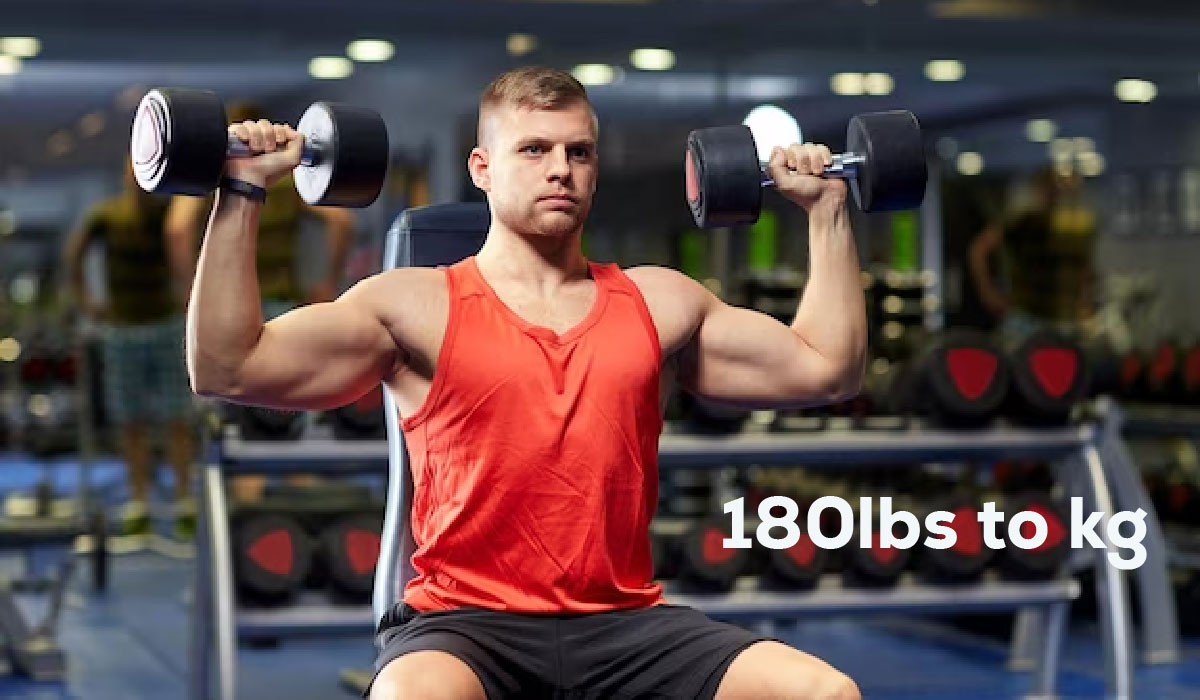In today’s interconnected world, the ability to convert between different units of measurement is more than just a mathematical skill—it’s a necessity. Whether you’re preparing for international travel, engaging in global business, or simply exploring scientific studies, understanding these conversions can significantly ease your interactions and comprehension. This article specifically addresses the conversion from pounds to kilograms, with a focus on how to convert 180lbs to kg—a common query for those accustomed to the imperial system looking to understand or communicate in metric terms.
What are Pounds and Kilograms?
The pound, represented by “lbs” and often referred to as a “pound-mass,” is a unit of mass used primarily in the United States and other countries still on the imperial system. Originally defined in terms of a physical standardized pound or mass of a specific volume of water, the definition has evolved over the years for greater accuracy and consistency. On the other hand, the kilogram, abbreviated as “kg,” is the base unit of mass in the International System of Units (SI) and is used globally in almost all scientific and practical applications. It was originally defined as the mass of one liter of water, and today, it is precisely fixed by defining the Planck constant exactly.
The Conversion Formula Explained
To convert pounds to kilograms, the formula used is straightforward: 1 pound is approximately equal to 0.453592 kilograms. This conversion factor is derived from the exact definition of the pound based on international agreements, ensuring that the conversion is consistent and universally applicable.
Step-by-Step Guide to Converting 180lbs to kg
- Step 1: Identify the total weight in pounds that you need to convert. In this case, it is 180 pounds.
- Step 2: Apply the conversion factor. Multiply the number of pounds by 0.453592.
- Step 3: Perform the calculation: 180 pounds * 0.453592 = 81.647 kilograms.
Thus, 180 pounds is precisely equal to approximately 81.65 kilograms when rounded to two decimal places.
Practical Applications of the Conversion
Understanding how to convert 180lbs to kg has practical applications in numerous fields. Travelers will find this knowledge useful for assessing luggage allowances on international flights, where limits are typically given in kilograms. In science and medicine, precise measurements are crucial—whether adjusting dosage based on weight or conducting experiments where mass is a critical factor. For everyday purposes, converting pounds to kilograms can help with understanding food weights, gym equipment settings, and even personal body weight measurements in different regions of the world.
Common Mistakes to Avoid in Conversion
One common error in this conversion is using the wrong factor, which can lead to significant discrepancies, especially in precise disciplines like pharmacology or engineering. Another typical mistake is premature rounding of results, which might not affect small numbers significantly but can alter the outcome in larger quantities.
Tools and Resources for Easy Conversion
For those who prefer digital convenience, numerous apps and websites offer instant pound-to-kilogram conversions. Tools like Google’s conversion calculator or dedicated apps like ConvertPad for Android and Units Plus for iOS provide quick, reliable conversions at your fingertips. Always verify the results, especially when accuracy is paramount.
Additional Conversion Examples
Let’s consider more examples to strengthen your understanding:
- Converting 100 pounds to kilograms: 100 lbs * 0.453592 = 45.36 kg
- Converting 200 pounds to kilograms: 200 lbs * 0.453592 = 90.72 kg
Why is it Important to Know How to Convert Pounds to Kilograms?
In the context of global communication and operations, being conversant with both the imperial and metric systems eliminates potential barriers. This skill enhances clarity and efficiency in international collaboration, education, travel, and commerce.
Quick Reference Guide and Tips
For quick mental conversions without precise calculations, remember that 1 kilogram is roughly equivalent to 2.2 pounds. This approximation can help you estimate weights in everyday situations, like shopping or cooking, without needing a calculator.
Conclusion
Mastering the conversion of pounds to kilograms is an invaluable skill that extends its utility across various aspects of life and work. Whether through manual calculation or digital tools, becoming proficient in this conversion not only aids in personal endeavors but also enhances professional capabilities in an increasingly metric-centric world.
Call to Action
We encourage readers to apply this knowledge. Try converting different items around you from pounds to kilograms and see how this enhances your understanding and interaction with the world.
Additional Resources
For those interested in deepening their understanding, resources such as the National Institute of Standards and Technology (NIST) website or educational platforms like Khan Academy offer detailed insights and tutorials on measurement units.
About the Author
The author is a seasoned educator in mathematics with a passion for simplifying complex concepts and making them accessible to all. With over a decade of experience in teaching and writing, they bring clarity and enthusiasm to the topic of measurement conversion.
FAQs ABout 180lbs to kg
Why is it important to understand the conversion from pounds to kilograms?
It facilitates better communication and understanding in global interactions.
Can I use online converters for accurate conversions?
Yes, but always verify the accuracy, especially for important applications.
Are pounds and kilograms interchangeable in all contexts?
No, they are used in different systems; clarity in unit usage is essential.
Do I need to memorize the conversion factor?
While not necessary, knowing the factor can simplify quick calculations.
How can I practice converting pounds to kilograms?
Regularly use the conversion in real-life scenarios to build familiarity.
For More Information, visit Megamagazine















